Blog # 1
Written by Mark W. Parrino, AATOD President
December 6, 2012
This represents our first blog. More will follow based on initial responses. You are free to make comments, which can be added to our website. This represents a slightly more informal way of communicating what AATOD is doing in representing the collective interests of our field. AATOD released its most current Five Year Plan in 2012. Three of the most prominent issues affecting the existing system and the future of or field are Health Care Reform; work with the Criminal Justice System; and prescription opioid use and addiction.
Health Care Reform
We continue to work with our associates who comprise the Coalition for Whole Health and the Legal Action Center in preparing for the implementation to Health Care Reform in 2014. There are concerns about impediments to getting reimbursement for Medication Assisted Treatment for opioid addiction through OTPs and DATA 2000 practices. At the present time and according to SAMHSA data, there are approximately 310,000 patients in OTPs, with the majority (300,000) utilizing methadone. It is estimated that there are over 350,000 patients receiving buprenorphine through DATA 2000 waived practices in the US. This number varies depending on the source of data.
We are also working with individual states through Board member chapters of AATOD to improve access to care through Medicaid reimbursement at the state level. This is especially challenging for a number of states given restrictive state budgets. It is tragic that individuals who are making laws in state legislatures have not read the basic information, which provides a foundation of how we provide treatment to chronic opioid addicted individuals through OTPs and DATA 2000 practices.
Criminal Justice System
AATOD is also working with partners in the Criminal Justice system, as articulated in AATOD’s 2012-2016 Five Year Plan. We understand that there are shifting attitudes towards the use of various medications in the Criminal Justice system. There are a number of educational initiatives that are designed to counter such issues and we are grateful for the publication of a groundbreaking report by the Legal Action Center concerning the “Legality of Denying Access to Medication Assisted Treatment in the Criminal Justice System and the recently published RSAT (Residential Substance Abuse Treatment) Training Tool “Medication Assisted Treatment for Offender Populations”(Bureau of Justice Assistance, DOJ).
The Power of Patient Recovery
From our point of view, it is critical to work with patient advocates and families of patient advocates in educating legislative bodies and the public about what we do. While we have extremely powerful data to support our work, it may also come down to the emotional stories of patients and their families. One experience that comes to mind occurred during a hearing about the use of methadone maintenance treatment in Maine in 1995. From my memory, the most influential presentation came from someone who was not on the hearing docket. A woman rose from the audience and asked if she could be heard. At that point, there were two methadone detoxification programs in Bangor, Maine. The hearing was to determine if such programs were to be given maintenance status and the result would lead to opening additional facilities in the future to respond to the needs of patients. The woman was extremely clear. She was married to a patient in one of the two detox programs. Her husband was a fisherman and had been in treatment for several months. She explained to the panel that her two young daughters had new clothes as a result of the fact that money was being saved for the first time in many years. The apartment was clean and there was food in the refrigerator. Her request of the hearing panel was to ask if they could find a way to allow people like her husband to remain in treatment as long as he benefited from such care.
As legislators and regulatory officials continue to challenge the use of Medication Assisted Treatment for opioid addiction, this kind of story needs to be told by patients and their families in different states.
If these challenges are not forcefully made, we will lose the struggle of being able to provide access to Medication Assisted Treatment for opioid addiction. While the promise of Health Care Reform is great, we must be careful not to let other parties undermine the very point of increasing access to care for millions of Americans who desperately need treatment.













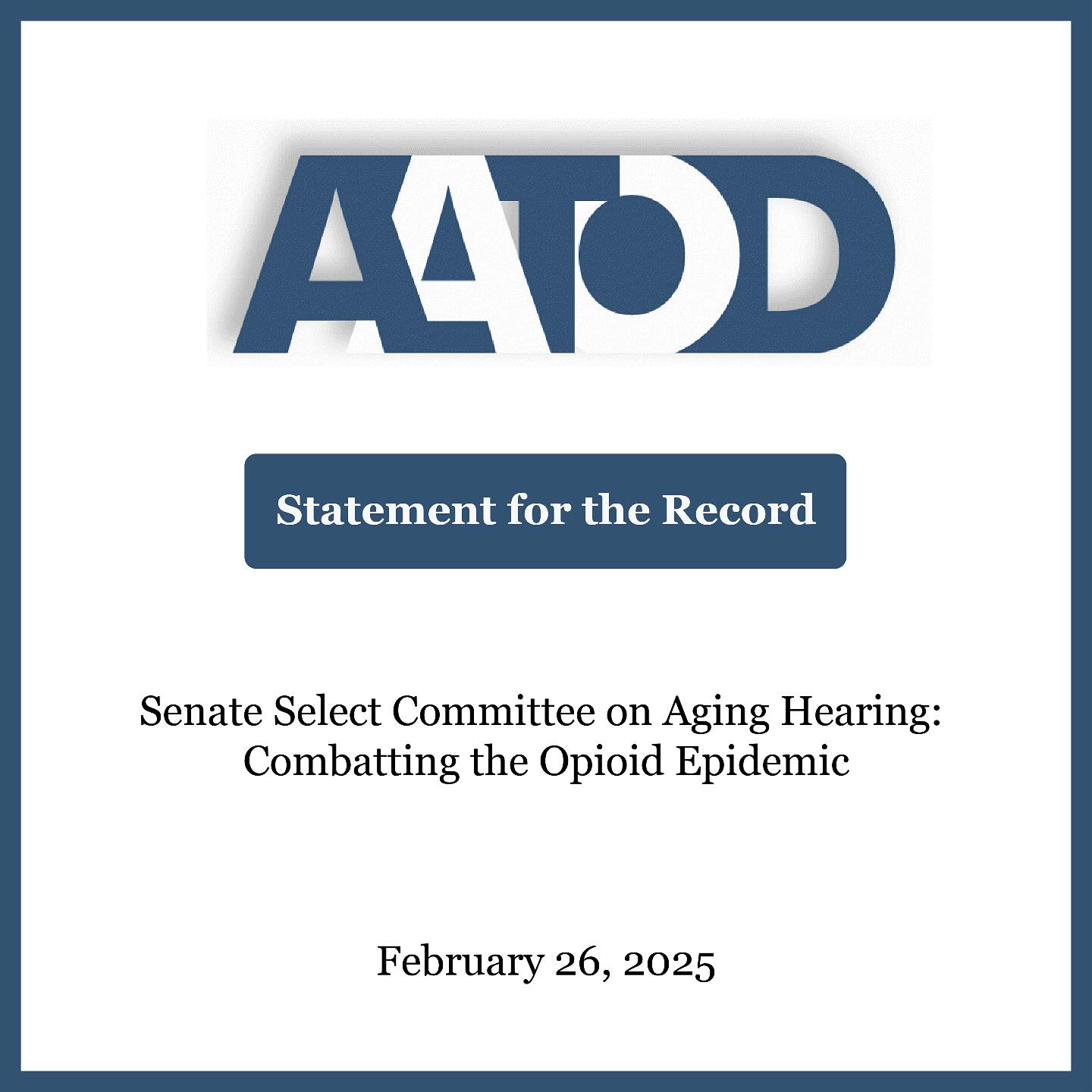

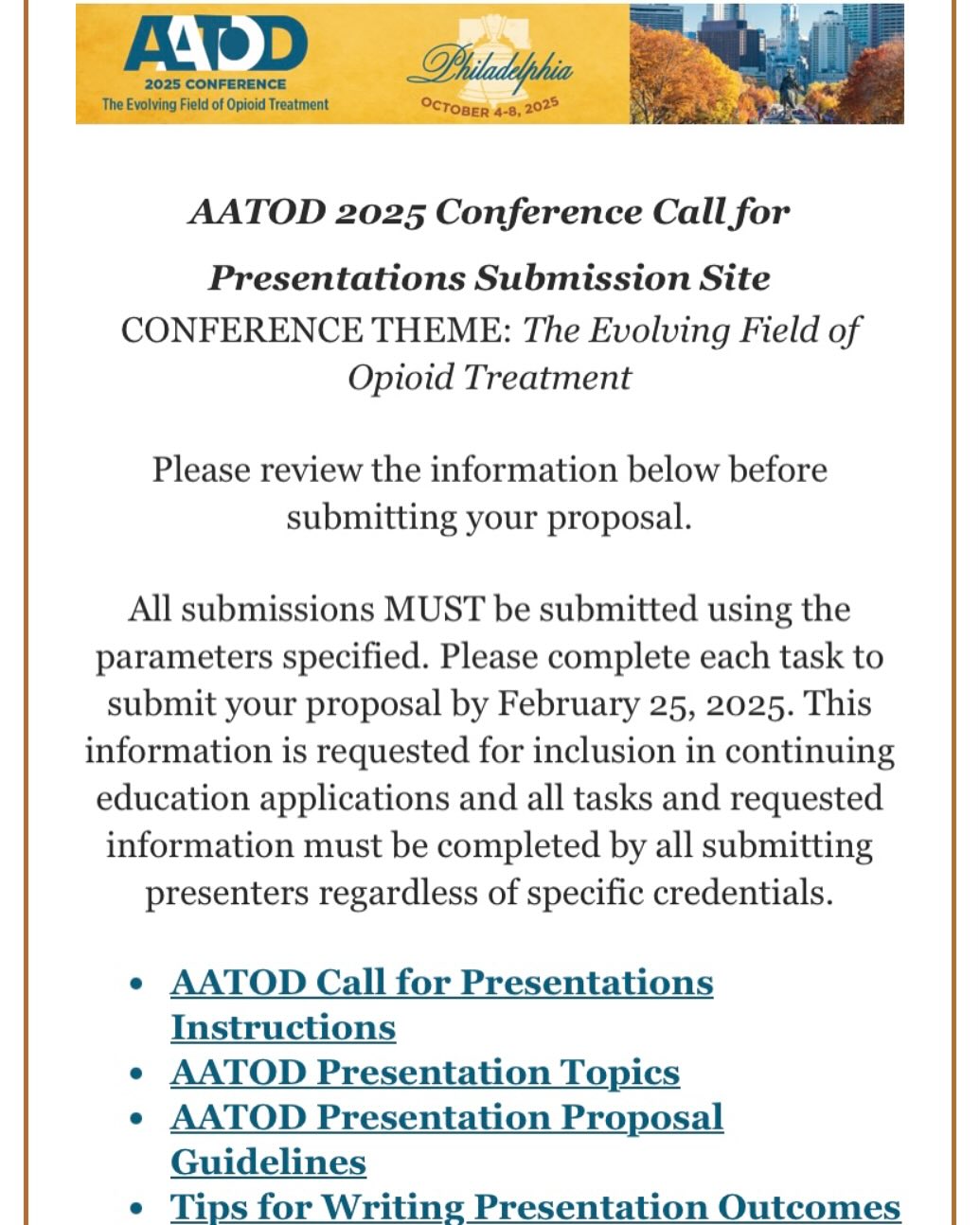

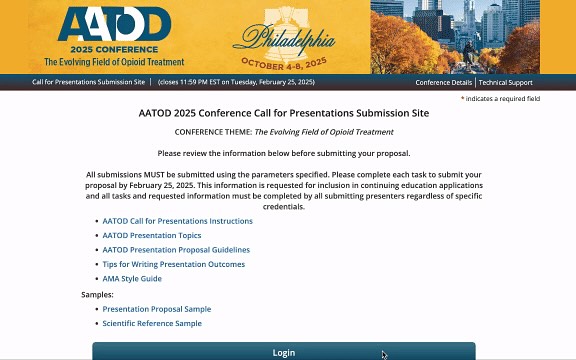
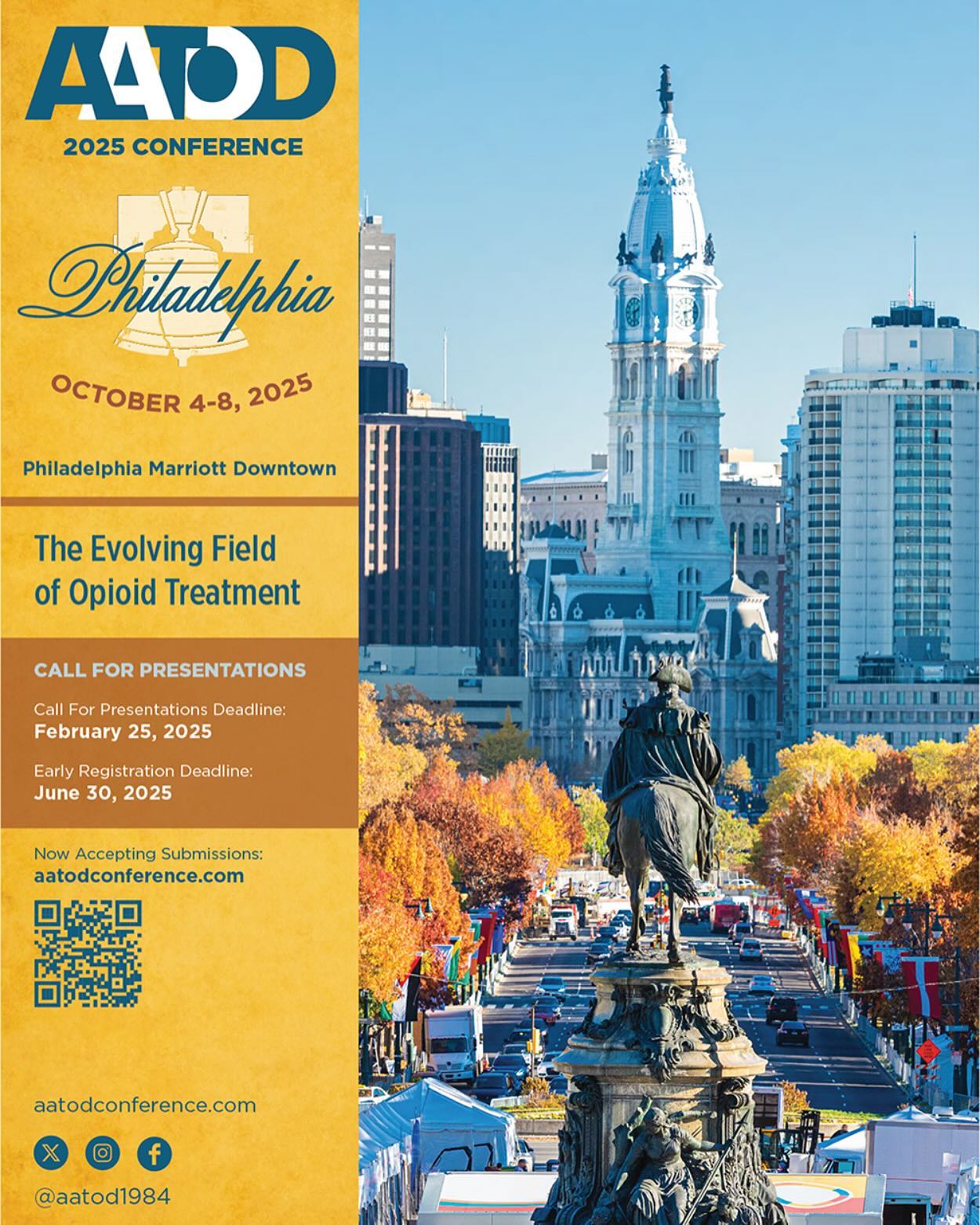












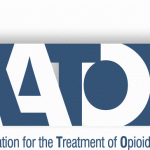

Thank you for this additional mechanism for communication. As evident in other aspects of our society today, involvement with social media has become an ever increasing influence for social change and innovation.
I look forward to following this blog in the future and interesting developments.
Trusandra Taylor, MD, FASAM, MPH
Thank you for this blog. I think the power of personal experiences & testimony from patients and their friends & family are extremely important in putting the “human face” on the successes and life-restoring possibilities associated with medication-assisted treatment. As you attest above, often these personal testimonies go far beyond the 45+ years of research and data that we would think make our case extremely strong & clear. That’s not always the case, however, so I applaud AATOD’s commitment to working with patient advocates as well as their friends and families. As NAMA Recovery’s slogan says, “Together we can make a difference!”
Sincerely yours,
Zac Talbott
NAMA Recovery of Tennessee
As a patient on methadone and being sober for 10 years without alcohol pot or even A cigarette I am always writing to my city newspaper and also the Boston Globe or the Boston Herald to refute some story about the negativity of drug abuse and treatment. My clinic did a video on the positive aspects of treatment of methadone after that horrible methadonia on HBO.
I would have been a writer today had my life turned out differently. At 58 years old I can be a advocate for the positive aspects of treatment. I can also work on my writing. a columnist at the Boston Herald did a column on me and if its to late for me to become a writer….he said its not
Top submit. I look forward for you to reading far more. Cheers
blake http://www.bizcommunity.com/View.aspx?ct=5&cst=0&i=58555&eh=Q4C4N&msg=y&us=1
This example of the importance of patient advocates. Treatment success stories are not told very often because of the lack of educating the patients about the disease we have. We need to fund programs like MARS all over the country and even have a patient track of study at AATOD, with SAMHSA or someone helping fund this goal. I applaud AATOD for opening their membership to stakeholders.
Being able to go to AATOD in Washington D C with the help of CSAT and getting my CMA from NAMA changed my life forever.
Paul Bowman MAT Patient
This example of the importance of patient advocates. Treatment success stories are not told very often because of the lack of educating the patients about the disease we have. We need to fund programs like MARS all over the country and even have a patient track of study at AATOD, with SAMHSA or someone helping fund this goal. I applaud AATOD for opening their membership to stakeholders.
Being able to go to AATOD in Washington D C with the help of CSAT and getting my CMA from NAMA changed my life forever.
Paul Bowman MAT Patient
It’s interesting that Vivitrol helps reduce cravings with alcohol and opioids. My brother has struggled with opioid addiction over the last year and my family wants to find a way to get him off it. I’ll be sure to share this with my parents so we can get him the help he needs.